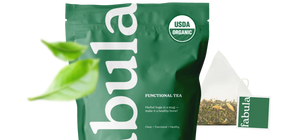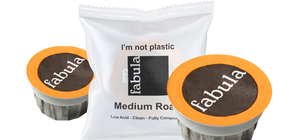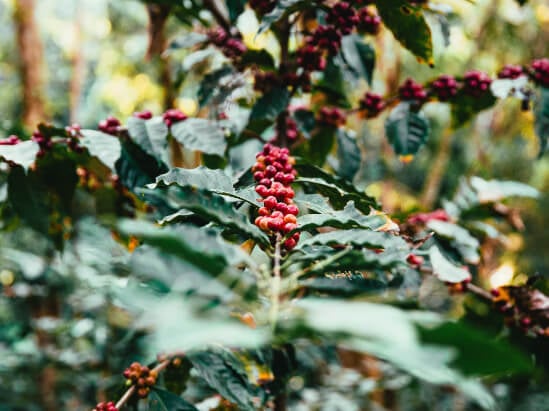Shadegrown coffee... what is that and why is it better?
In media, we see coffee being harvested from huge open fields, by harvesters. That, however, is not the natural habitat of coffee. Let's look at why shadegrown coffee is better.
Coffee plants naturally grow in the shade from trees and other vegetation, in the forest. Here, in the shade, natural fertilizers are provided from the forest, such as compost from rotting foliage and animal droppings. Natural insecticides are provided by birds, spiders, and other small animals.
The result? The coffee thrives, grows and ripen on its own, as Mother Nature intended.

Coffee thrives in 100% natural environments
Organic farms facilitate the flourishing of the natural ecosystems that exist in forested areas, and this eliminates the need for any chemical use.
The coffee plants grow stronger, with more aromatic, and flavorful beans, and with a higher yield per plant. The coffee plant will have stronger natural immunity.
Over time, sustainable crop rotation methods, the nutrient soil as well as the maintenance of the natural ecosystems lead to higher quality of beans produced. However, harvesting in a densely forested area can be challenging and time-consuming. That means higher costs.

Ok.. so how are conventional coffee beans grown?
Conventional beans, on the other hand, are usually grown in open landscape, in the sun, and utilizing chemicals. It is more cost effective to seed, grow, harvest and transport plants this way.
Land is cleared for these farms, destroying the ecosystems, and negatively impacting the environment and nearby communities.
It has a harmful impact on the wildlife in the forested area, destroying habitats and even affecting soil quality.
Without the displaced wildlife, otherwise acting as natural fertilizers and insecticides, pests will run rampant.
The natural fertilizers, such as compost from rotting foliage and animal droppings, will no longer be there. Both factors lead to an increased need for chemicals; chemical insecticides are needed for pest control and chemical fertilizers are needed to help the coffee plants flourish.
Additionally, growing these plants in direct sunlight weakens the coffee’s natural immunity, increasing even further the need for insecticides and pesticides.

...and what does that mean for your coffee, the farmers and the land...
By using chemicals and growing in the open landscape, conventional coffee beans can be grown and harvested on an industrial level. The chemical fertilizers and pesticides are inexpensive, and harvesting the cherries is more efficient on the cleared lands these plants grow on. Therefore, less time and money need to be spent, and bigger volumes of beans can be produced.
But the coffee is less tasty, less clean and loses some of its benefits. Not to mention the impact on the farms, the people and their ecosystem.
The end result? Shade-grown coffee matters:
Shade-grown, organic coffee takes time and energy to grow and harvest, and costs more for the farmer. But with less consequence for the farmer, the ecosystem …and a better quality of the end product: your cup of coffee. Fabula coffee is always shadegrown, always chemical free. We test our coffee for +350 chemical compounds, as it's the only way to make sure. And... we believe it makes a difference. On so many levels.
Fabula coffee is always shadegrown, always chemical free. We test our coffee for +350 chemical compounds, as it's the only way to make sure. And... we believe it makes a difference. On so many levels.
Learn more about coffee in our blogs here.
_____________________
Want to try out shadegrown coffee? Lean more here for our medium roast:
Medium - 12oz

$29.99
Fabula’s freshly roasted front runner. Tasty and round, classical and delicious, our medium roast is the perfectly balanced coffee for your daily fix.… read more





